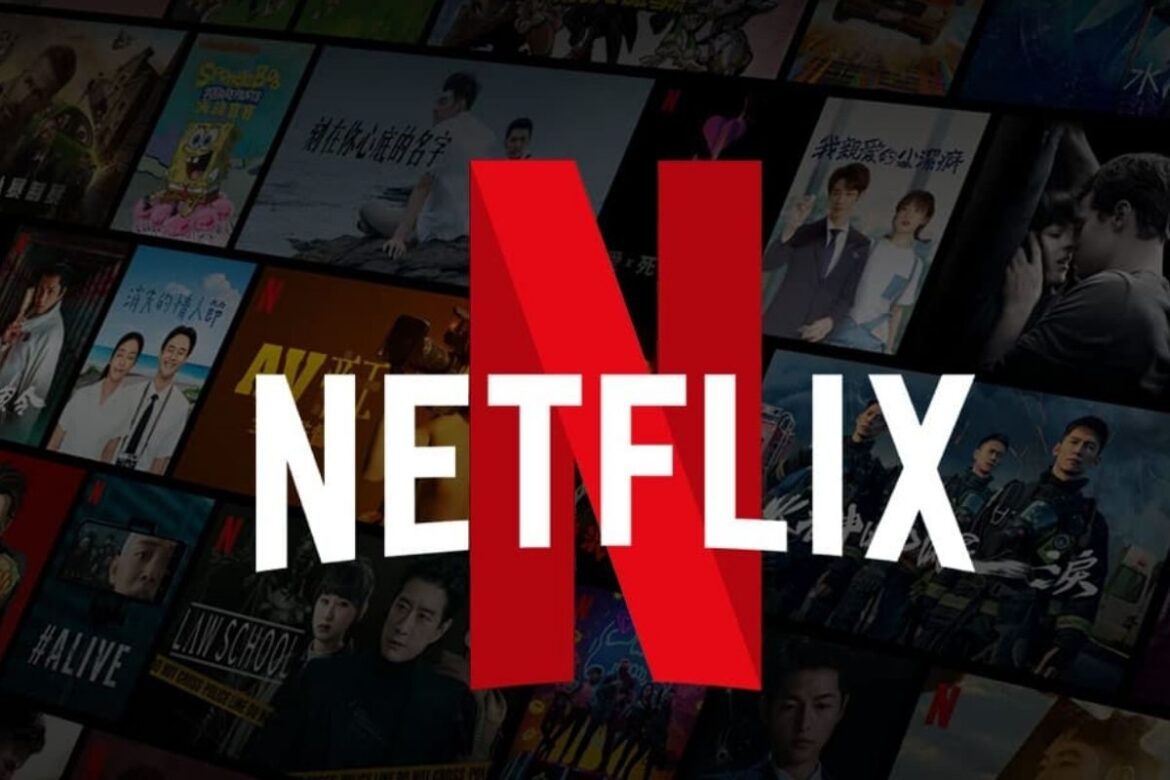When the news broke that Netflix might pull out of the Nigerian market, it felt like a bad plot twist. This, after all, was no mere platform. For nearly a decade, Netflix has been a major player in Nigeria’s entertainment industry, with investments of about $39 million towards GDP, $34 million towards household income, $2.6 million towards tax revenue, and over 5000 jobs supporting the economy.
While Netflix denied these claims in a statement to TechCabal, rumours persist, fuelled by comments at the 2024 Zuma International Film Festival from prominent filmmaker Kunle Afolayan about cancelled projects and halted investments in Nigerian originals.
If Netflix truly exists or scales back its operations, what does this mean for the women of Nollywood?
Netflix’s contribution to Nollywood
Since 2016, Netflix has invested in global hits like King of Boys, Blood Sisters, Shanty Town, Aníkúlápó, and other lesser-known titles. The streaming giant has invested over $23 million in Nigerian content, commissioning, licensing, and co-producing over 250 blockbusters and experimental projects.
Female filmmakers like Kemi Adetiba (King of Boys) and Tope Oshin (Up North) leveraged the platform to tell authentic stories with budgets and production quality that matched their vision. But now, with reports of the platform allegedly scaling back, that progress hangs in the balance.
The impact of Netflix’s alleged exit
Funding for female movie producers in Nollywood has always been a steep mountain to climb, as producers struggle with limited budgets and conservative financiers. Platforms like Netflix disrupted that cycle through partnerships and investments. This was especially evident in collaborations with industry powerhouses like Mo Abudu, whose deal with Netflix birthed titles like ‘The King’s Horseman’ and ‘Blood Sisters.’ For other female filmmakers like Kemi Adetiba (King of Boys), Netflix also amplified their creativity to a broader audience. However, without Netflix’s backing, female producers may face the hurdle of convincing local stakeholders to fund unconventional narratives.
If Netflix were to withdraw its investments in Nigeria, the consequences for Nollywood, and particularly for its women, could be profound. One of the most immediate setbacks would be the loss of a great extent of international exposure. Netflix provided a rare opportunity to showcase Nigeria’s creative depth to a broader audience. Many of these voices risk being drowned in the already congested local industry without such a platform.
Financially, the departure of a heavyweight like Netflix would widen the resource gap for female-led projects. Netflix’s backing gave women leverage, and the absence of this support could force many female producers to compromise on their creative ambitions or abandon projects altogether. This would exacerbate existing gender disparities in the Nigerian film industry, where women already struggle to access funding and leadership opportunities.
The ripple effect would also extend to emerging female filmmakers. Since it entered the Nigerian market, Netflix has supported established producers and opened doors for new talents through partnerships, collaborations, and internships. Its exit could mean fewer opportunities for mentorship, networking, and skill-building, ultimately stalling the growth of Nigeria’s next generation of female storytellers.
The reports of Netflix’s alleged exit serve as a wake-up call for Nollywood to build diversified support systems from local streaming platforms like Showmax and IrokoTV. Although their ability to match Netflix’s scale, global reach, and financial muscle is slim, the future of Nigerian filmmaking—especially for women—might depend on immediate creative steps to ensure that the momentum Netflix helped ignite does not wane.



